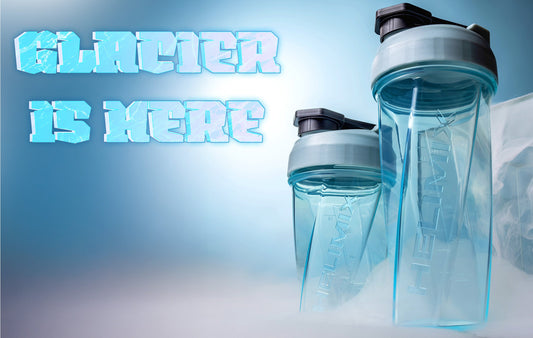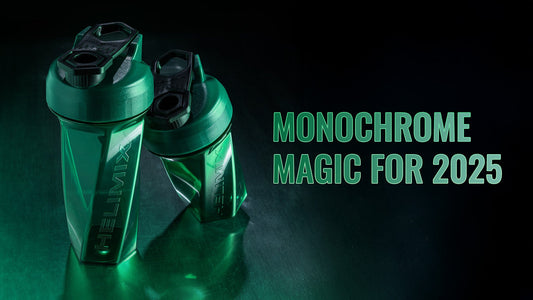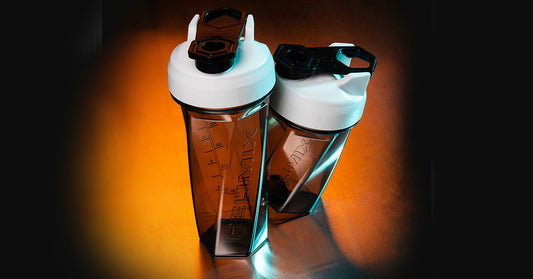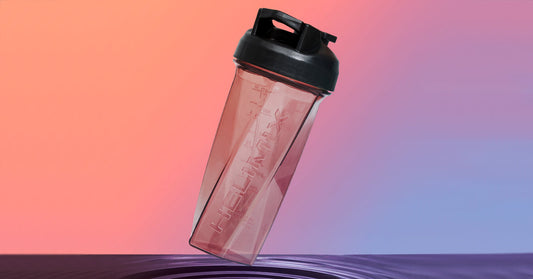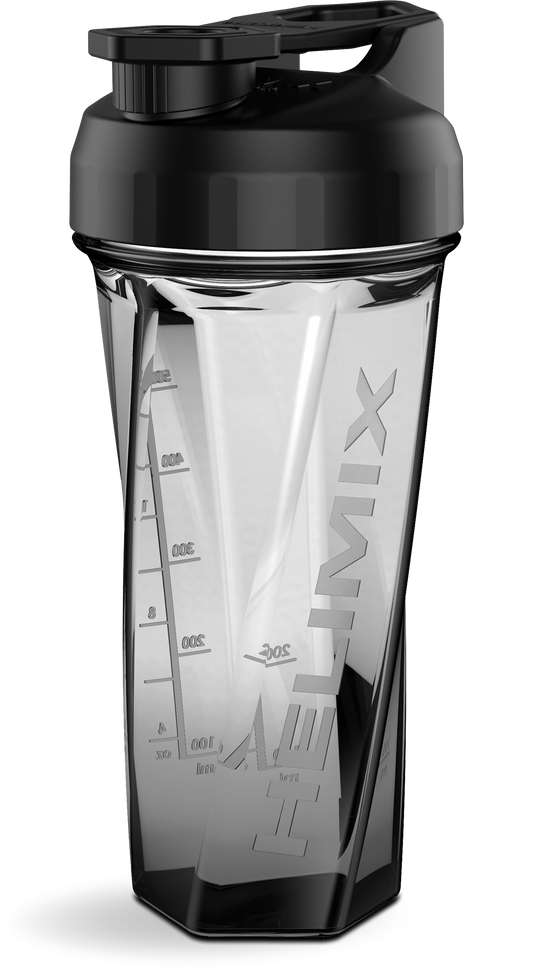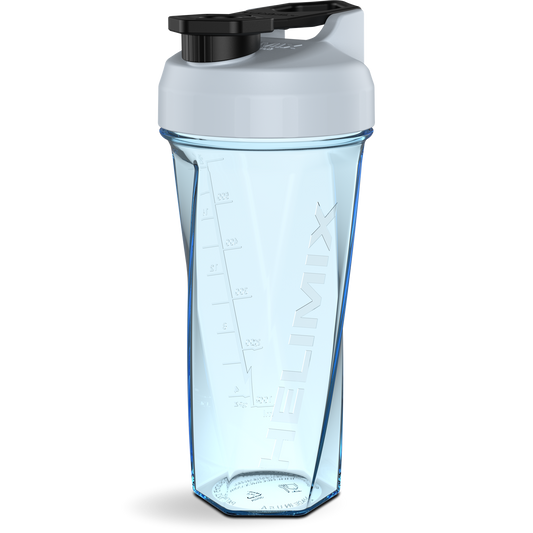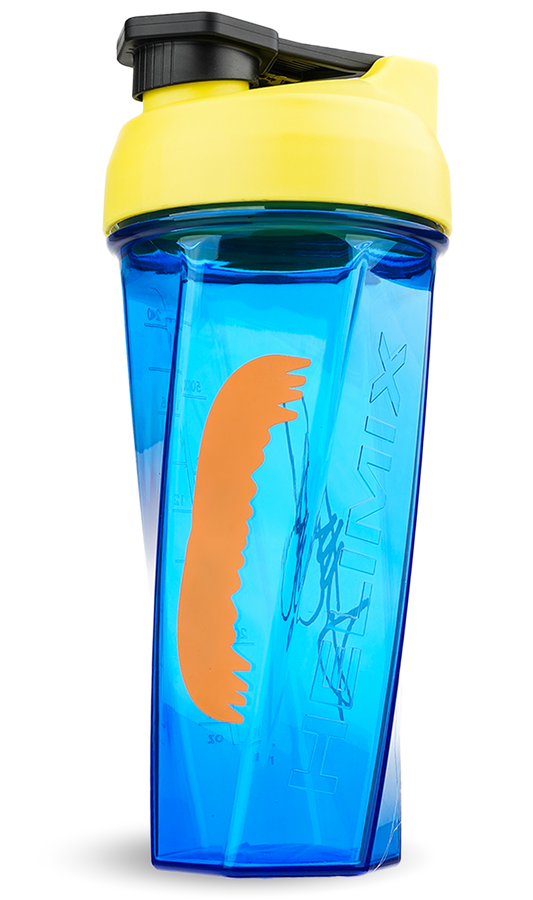Introduction (the problem)
Let’s get into some science right off the bat. Your body needs protein, especially after a workout. Why? Because during exercise, you are literally breaking down your muscle cells (made of protein) and consuming protein is what nourishes them back together.
Without this helper, you compromise your fitness goals and slow down your recovery process. You also risk injuries and more muscle damage the next time you work out.
This is not just for body builders and those looking to put on muscle mass. This is for anybody that is being pushed in a way that breaks up muscle: running, swimming, cycling, sports, all of it. However, if you work out strenuously most days of the week, you probably need twice the amount of protein of a person who doesn’t.
Proof and Consequences of the Problem
Here are a few signs that you might not be getting enough protein after exercise:
● You feel tired and disoriented
● Low blood sugar
● Overuse injuries
● You’re not hungry
● You’re bloated
● You're losing more hair than normal
● You get sick more often
Another consequence of not getting enough protein is that your body, not having what it needs, will turn to your muscles for the amino acids it needs, making building or keeping muscle almost impossible.
Solutions to the problem
A popular idea in sports medicine is that thirty minutes after a workout is this magical time called the “anabolic window”. This is when your muscles are most receptive to using the protein you feed it in repairing the tissue that was torn during your workout. It is probably why you may see people immediately chugging thick shakes as they walk out of the gym.
There are studies now that suggest this window is longer than we once thought (even up to 24 hours after a workout, says US News), however, the basic science is the same: you need the protein. Most healthy adults should get around 0.8 grams of protein per kilogram that you weigh. This means that if you weigh 150 pounds and exercise regularly, you need about 55 grams a day.
If you’re over 50, you’re going to need more than that to prevent muscle loss related to aging.
There is also science that suggests spreading your protein throughout the day is more beneficial than cramming it all in at dinner, for example. So, how do you get this muscle-building nutrient in?
Food
Aside from the obvious meats, Men’s Health gave us a list of their favorite high-protein foods:
● Boiled egg — 6 grams
● Peanut butter — 8 grams per 30g spoonful
● Cheese — 26-35 grams per 100g serving
● Greek yogurt — 10-20 grams
● Pumpkin seeds — 7 grams per 30g serving
● Edamame — 6 grams per 50g serving
● Protein shake — varies
(see the rest of the list here)
If you, like millions of others, prefer to drink your protein after a workout, it is suggested that you look closely at labels and avoid toxins, heavy metals and pesticides that can weigh your body down and cause it to work overtime processing junk instead of repairing and building muscle.
If you’re looking for a stellar protein shaker, we’re big fans of this one.
Conclusion You obviously care about your body and health or you wouldn’t be reading this. So make those workouts the most effective they can be and give your body what it needs to do it’s best for you. It’s an amazing machine that can do incredible things so get your protein in and give it the care and attention it deserves...and you deserve.




